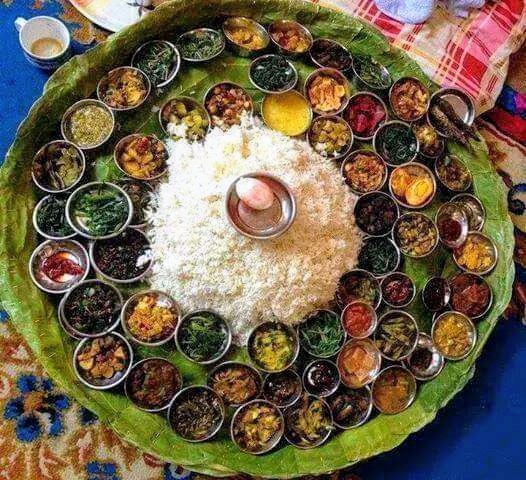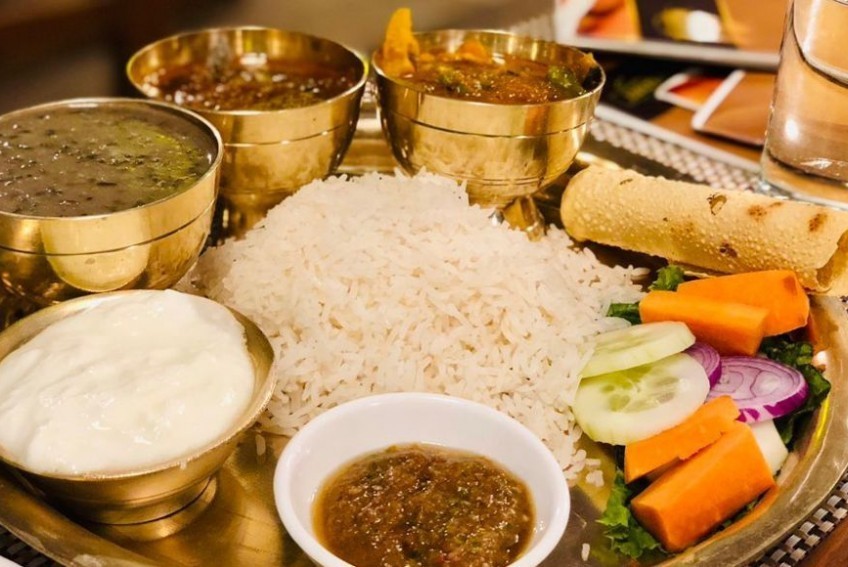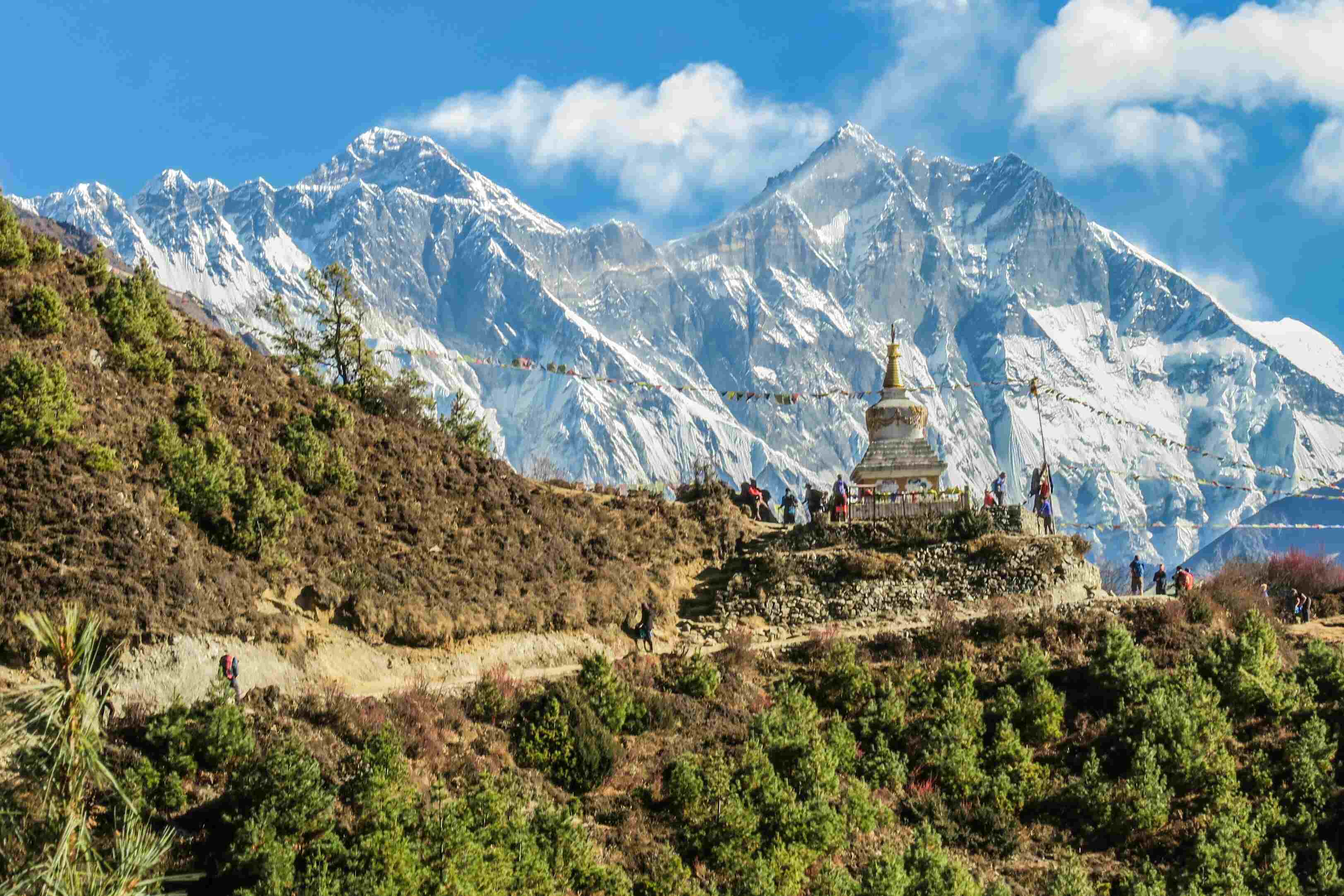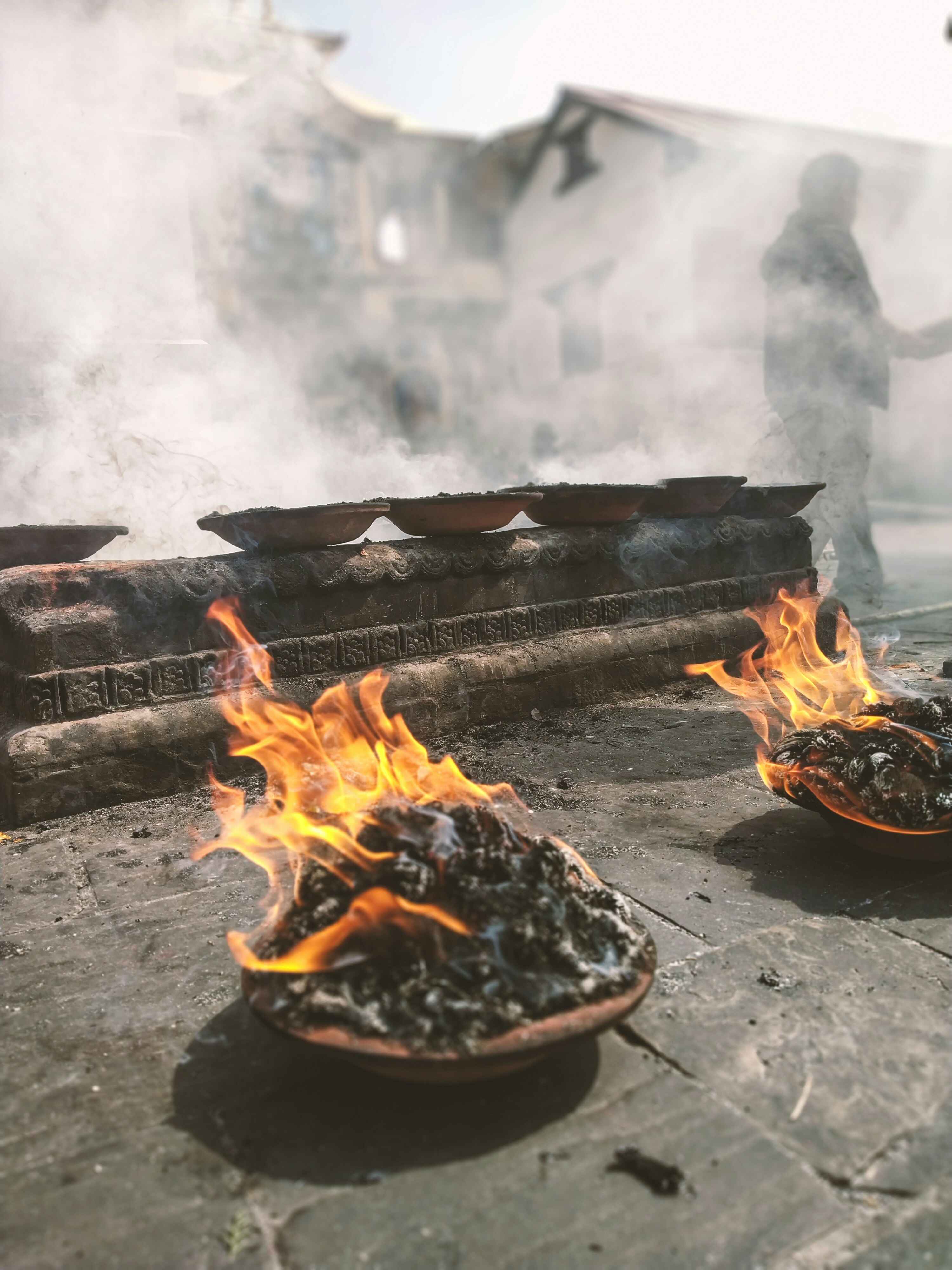Share this Article
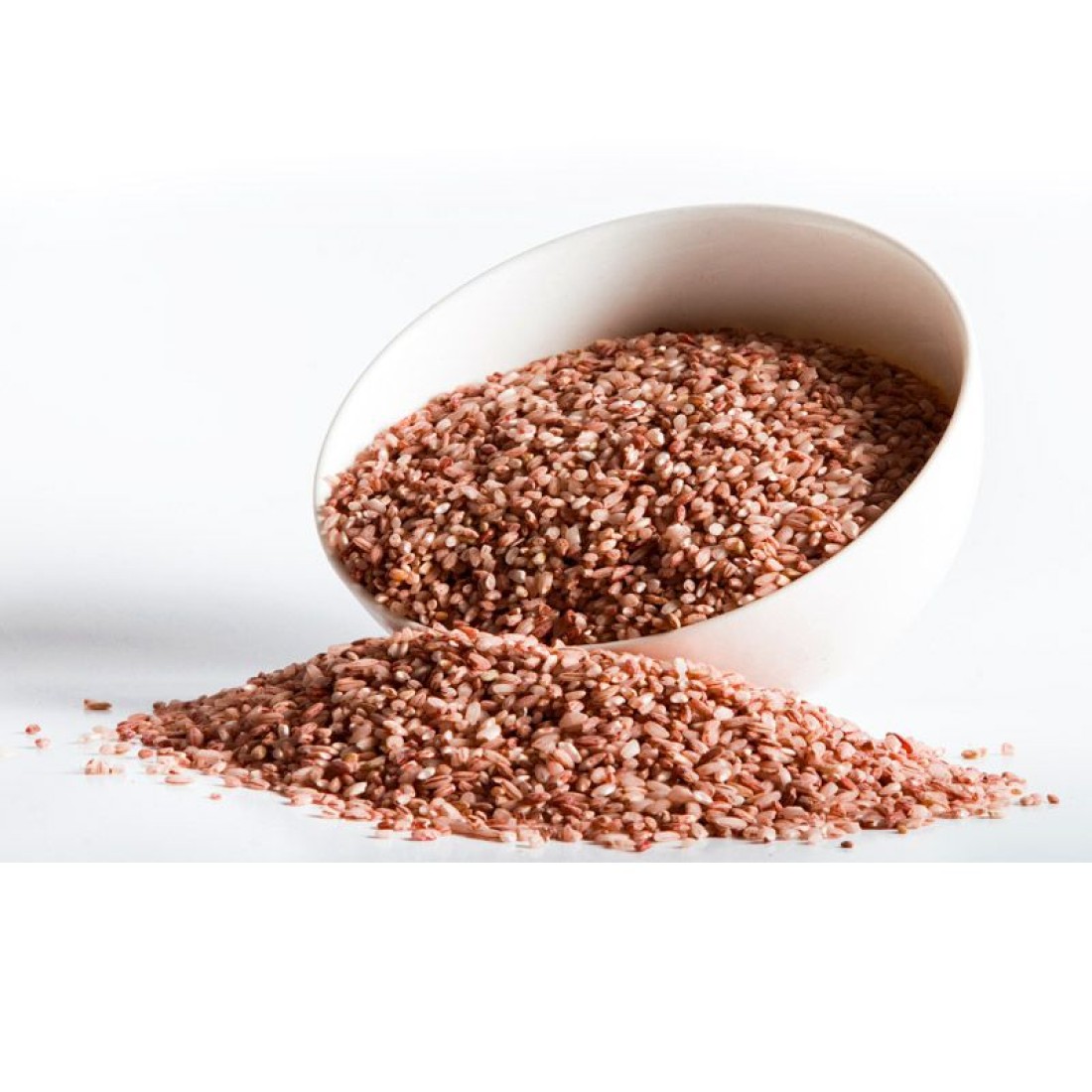
Introduction
Nepal is a country known for its diverse geography, culture, and rich agricultural heritage. Among the various crops grown in Nepal, Jumli Marsi Rice holds a special place. This unique type of rice is cultivated in the high-altitude region of Jumla, making it one of the rarest and most valuable rice varieties in Nepal. Known for its distinct taste, nutritional benefits, and deep cultural significance, Jumli Marsi rice is an important part of Nepalese agriculture and tradition.
Origin and Cultivation
Jumli Marsi rice is primarily grown in Jumla, a district located in the Karnali Province of Nepal. It is considered the highest-altitude rice in the world, as it is cultivated at an altitude of 2,500 to 3,000 meters above sea level. The cold climate, fresh mountain water, and organic farming practices contribute to its unique quality.
Farmers in Jumla follow traditional farming techniques that have been passed down for generations. Unlike modern hybrid rice varieties that require chemical fertilizers and pesticides, Jumli Marsi rice is grown using organic methods. Farmers use cow dung manure and natural compost, ensuring that the rice remains free from harmful chemicals.
The rice is mainly cultivated during the monsoon season (June to September), and it takes about four to five months to mature. Due to the extreme weather conditions in the Himalayan region, the yield of Jumli Marsi is lower compared to other rice varieties, making it even more valuable.
Unique Features of Jumli Marsi Rice
Jumli Marsi rice is different from regular rice varieties in several ways:
- Red Color – Unlike white rice, Jumli Marsi rice has a natural red color due to the presence of anthocyanins, a type of antioxidant.
- Nutritional Value – It is rich in fiber, iron, protein, and antioxidants, making it a healthier option compared to processed white rice.
- Distinct Aroma and Taste – When cooked, it has a unique aroma and a slightly nutty flavor, which makes it different from regular rice.
- Soft Texture – It becomes soft and slightly sticky when cooked, making it perfect for traditional Nepali dishes.
- Grown at High Altitudes – It is one of the rare rice varieties that can be grown at such a high altitude, making it highly resistant to cold weather.
Health Benefits of Jumli Marsi Rice
Jumli Marsi rice is not just a staple food it is also a superfood because of its high nutritional content.
Some of its health benefits include:
- Good for Digestion – The high fiber content helps in digestion and prevents constipation, promoting a healthy gut.
- Rich in Antioxidants – The red color of the rice indicates the presence of antioxidants, which help in fighting diseases and reducing oxidative stress.
- Heart Health – It contains essential nutrients that help in reducing cholesterol levels, improving heart health, and lowering the risk of cardiovascular diseases.
- Boosts Immunity – The presence of vitamins and minerals strengthens the immune system, helping the body fight infections and illnesses.
- Good for Diabetics – Since it has a low glycemic index, it helps in controlling blood sugar levels, making it a better option for people with diabetes.
- Rich in Iron and Protein – It helps in preventing anemia and supports muscle growth and overall body strength.
- Weight Management – The high fiber content keeps you full for a longer time, reducing the chances of overeating and aiding in weight control.
Cultural and Traditional Importance
In Jumla and surrounding regions, Jumli Marsi rice is more than just food. it is a symbol of tradition and identity. It is used in various religious ceremonies, festivals, and special occasions. Many people believe that eating this rice brings good health and prosperity.
During special events such as weddings, religious rituals, and cultural festivals, families prepare traditional dishes using Jumli Marsi rice. One of the most popular dishes made from this rice is "Dhedo", a thick porridge that is eaten with ghee (clarified butter) and local vegetables. Dhedo is a staple in the diet of people living in the high-altitude regions of Nepal and provides them with the necessary energy and nutrition to withstand the harsh climate.
Another famous dish prepared using Jumli Marsi rice is "Jaulo", a type of soft and mildly spiced rice porridge often cooked with turmeric and ghee. This dish is commonly given to sick individuals as a healing food due to its easy digestibility and nourishing properties.
In Jumla, rice beer or "Chhyang" is also prepared from Jumli Marsi rice, and it holds cultural significance during social gatherings and festivals. The locals consider it a sacred offering in religious rituals and celebrations.
Apart from food, Jumli Marsi rice is also offered to deities in temples and used in traditional medicine practices, as it is believed to have healing properties.
Challenges in Production
Despite its high value and demand, the production of Jumli Marsi rice faces several challenges:
- Limited Cultivation Area – Since it is grown only in the high-altitude regions of Jumla, the production is limited.
- Climate Change – Unpredictable weather patterns and rising temperatures are affecting its yield, leading to decreased productivity.
- Lack of Modern Technology – Farmers still rely on traditional methods, and they lack access to modern farming equipment, which affects efficiency and output.
- Low Market Reach – Due to poor transportation facilities in remote areas, many farmers face difficulty in selling their produce in larger markets, limiting their income opportunities.
- Threat from Hybrid Varieties – Modern hybrid rice varieties, which have higher yields, are becoming more common, making it difficult for traditional rice varieties to compete. This reduces the incentive for farmers to continue cultivating Jumli Marsi rice.
Export Potential and Market Value
Jumli Marsi rice has great potential for export due to its organic quality and health benefits. Many international markets are seeking high-quality organic rice, and Jumli Marsi can become a premium product. If marketed properly, it can boost Nepal’s economy and improve the livelihood of farmers.
Several organizations are already working to export Nepali organic products, and Jumli Marsi rice is gaining attention in global health food markets. Proper branding, certification, packaging, and promotion can make it a highly successful export item. With increasing awareness of organic and traditional foods, there is significant potential to position Jumli Marsi as a luxury organic rice in international markets.
- High Market Demand – There is increasing demand for organic and traditional foods worldwide, making Jumli Marsi a desirable product.
- Employment Generation – The rice industry provides jobs to thousands of farmers and traders in Nepal.
- Tourism and Agro-Tourism – The promotion of Jumli Marsi can attract food tourism and encourage visitors to experience local agricultural practices.
- Export Opportunities – With proper branding, certification, and global marketing, it can become a top organic export, helping Nepal’s economy grow.
- Government Support – Policies aimed at supporting organic agriculture and traditional crops can further strengthen the export potential of Jumli Marsi rice.
Conclusion
Jumli Marsi rice is not just a crop; it is a heritage of Nepal. Supporting local farmers, improving market access, and increasing awareness about this special rice can help Nepal preserve one of its most valuable traditional foods. Jumli Marsi is truly the pride of Nepal’s highlands and a gift from nature that deserves recognition and protection.
Categories:
Food & Drink
Tags:
JumliMarsiRice
,
OrganicNepal
,
HighlandHarvest
,
HimalayanGrains




